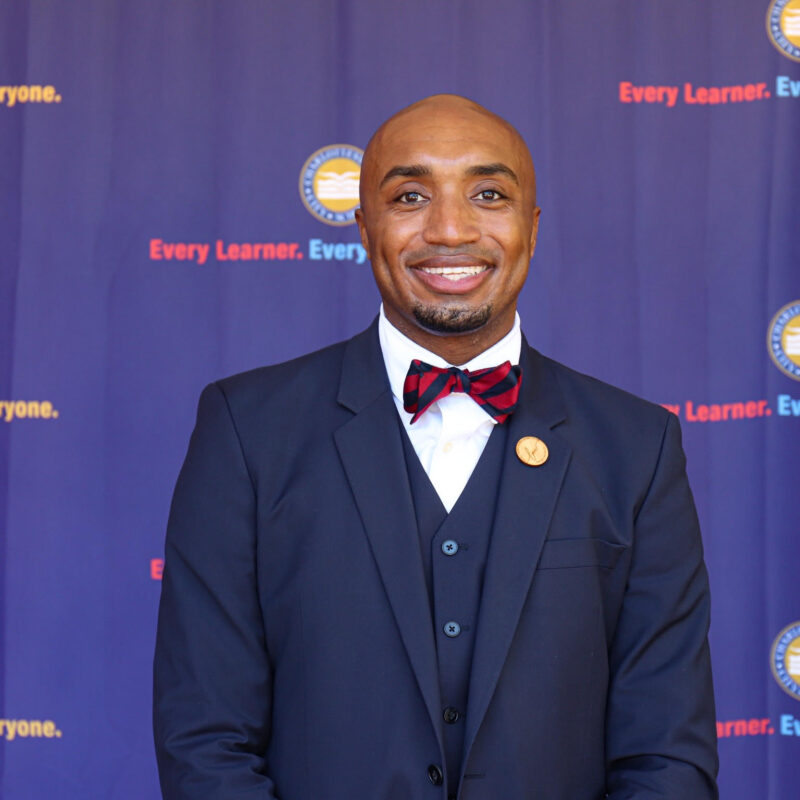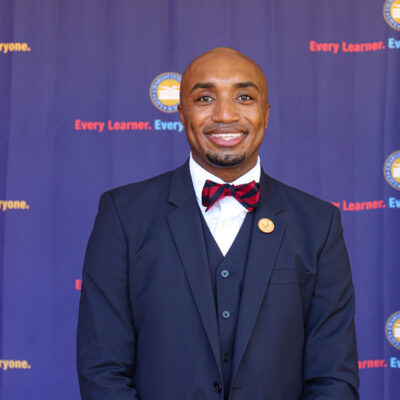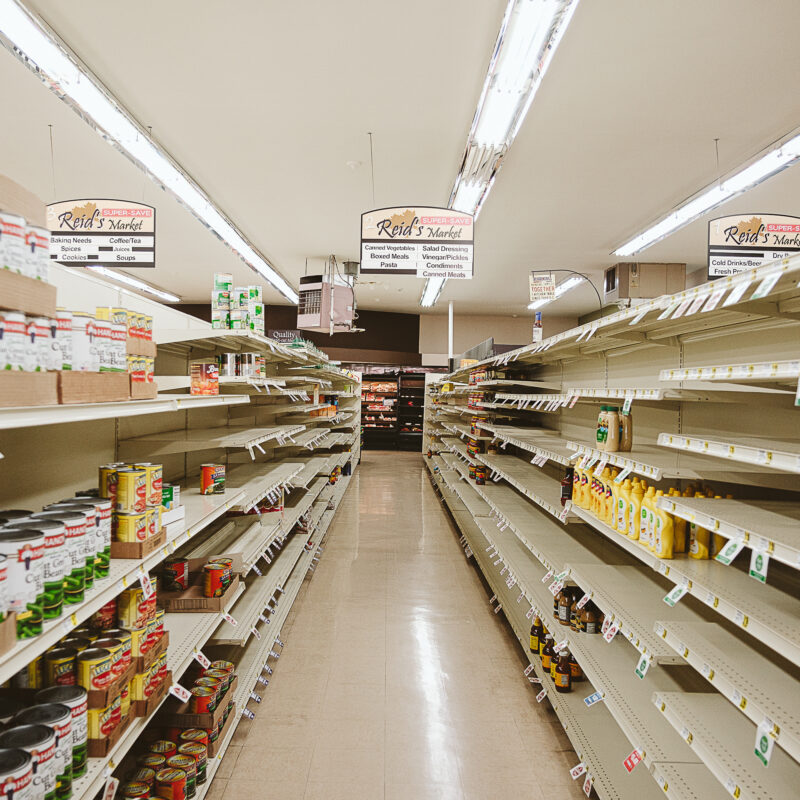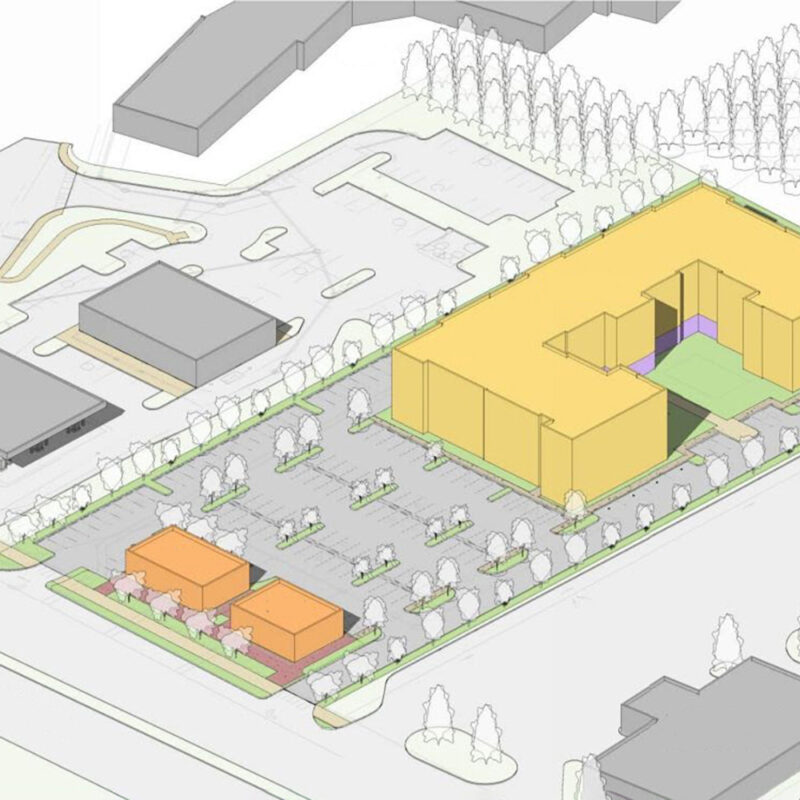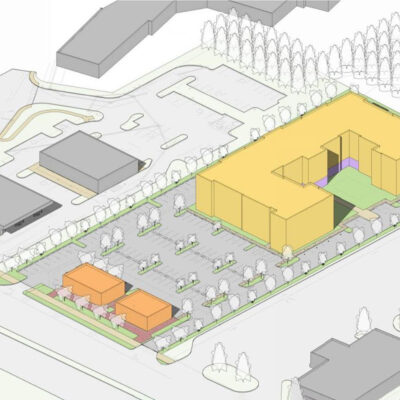On the morning of June 1, a bank robbery was thwarted when sharp-eyed city property maintenance inspector Cory Jordan called 911 after spotting a robbery in progress at the Union Bank and Trust on the Downtown Mall. But for every Cory Jordan, there’s gotta be at least one or two Edward Sanchezes—he’s the Dearborn, Michigan cop who suffered a brief bit of Internet ignominy in May when bloggers got a hold of a recording of the 911 call he made after he and his wife had a bad reaction to the pot brownies she’d baked (a choice bit: “I think we’re dead. I really do”).
 Be like Cory Jordan, the city property inspector who dropped his 911 knowledge on would-be bank robbers. |
So what can you do to make sure you’re a Jordan and not a Sanchez? How do you know when you should call 911 and when you should call dispatch services? The only certainty is that you shouldn’t lie—there are a number of state laws carrying fines and penalties for falsifying emergency information. But after that, you’re kind of on your own.
There’s nothing on the books about frivolous calls, though the 911 operators at the Emergency Communications Center (ECC) do have your number when you call, so if you’re dialing them up every time you cut yourself shaving, you might get a stern talking-to. ECC Director Tom Hanson says they don’t mind a few false positives, given his department’s wide reach—it covers Albemarle, Charlottesville and UVA—and the relative safety of Charlottesville.
“If you follow the national 911 guideline, it says you should dial 911 if you have imminent threat to your life or property,” says Hanson. “But the way we handle it is if you’re unsure, call us, and we’ll sort it out.”
Hanson does tell C-VILLE, however, that the No. 1 cause of utterly useless, line-clogging 911 calls is power outages. Evidently, most of us think the cops roam around with magical generators, just waiting to get your microwave turned on in the middle of a thunderstorm.
C-VILLE welcomes news tips from readers. Send them to news@c-ville.com.
